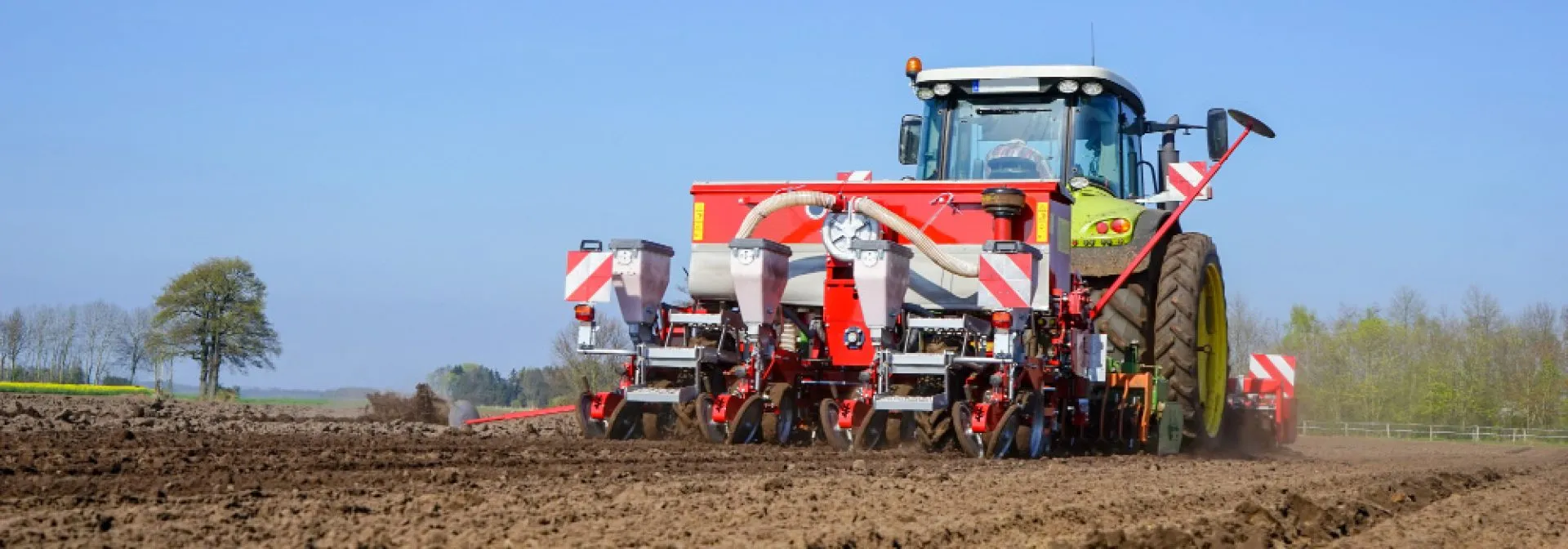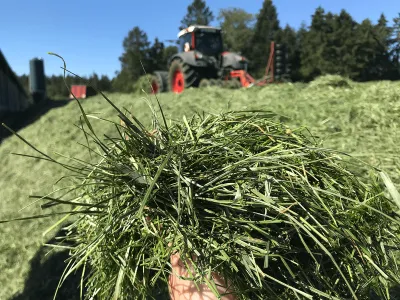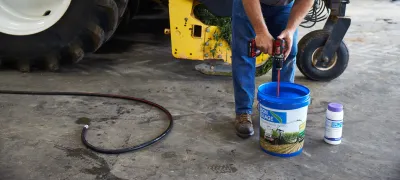How to plant corn
The better the conditions for corn planting, the better the chance for optimal corn silage. Read our practical suggestions about how to plant corn in spring.

Optimal silage management requires optimal corn planting conditions. Our silage expert Caitlin Mellinger put together a list of factors which have to be considered before and during planting. The journey to high yields and best forage quality begins in spring. It all starts with choosing the right seed.
- Increased yields
- Increased digestibility/quality
- Pest, drought, herbicide tolerant variants
- Different growing season lengths
- Exact dates based on location
- When can you get in the field? (Day time)
- Spring is a wet season, fields can’t be too muddy
- The growing time for the hybrid
- When harvest is possible
- Needs to be harvested before frost
- Range of 30,000 to 35,000 plants per acre is average for varying hybrids
- Increasing the plant population too high will crowd plants and yield will be decreased
- Decrease to 30 inches or less, if equipment allows
- Test soil to know what kind of nutrients need to be added
- Furthermore, the pH has to be ranged optimally
- Knowing field history can help with soil knowledge
- More importantly, you want to know what was planted in the field previously
- Planting corn after corn will decrease yields
If you want to schedule a meeting with one of our #SilageExperts, just click HERE.
It is never too early to think about the next key to success: the right silage inoculant. Take a look at our BONSILAGE products that are specifically tailored for use in corn silages by clicking here.


